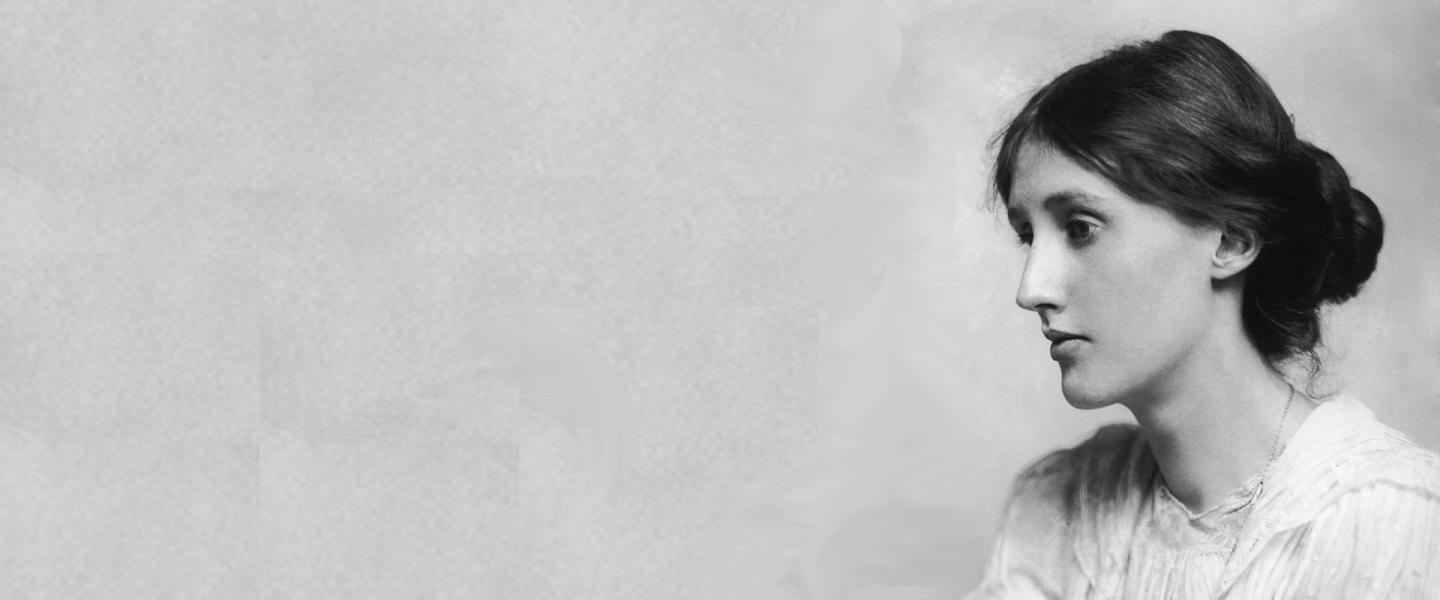Literature


Virginia Woolf on Life
“What is the meaning of life? That was all; a simple question — one that tended to close in on one with years. The great revelation had never come. The great revelation perhaps never did come. Instead there were little daily miracles, illuminations, matches struck unexpectedly in the dark.”
Virginia Woolf, To the Lighthouse
British author Virginia Woolf was a prominent member of the avant-garde, intellectual Bloomsbury Circle in northern London from the years directly preceding World War I until her suicide in 1941. Woolf is best known for her novels, which represent the peak of British modernist “stream-of-consciousness” style, characterized by the representation of characters’ inner thoughts, a focus on everyday action, and the pervasive instability or unreliability of narration. In her own time, Woolf was also well-known for her writings promoting liberal politics, particularly the nascent feminist movement. Her non-fiction, including A Room of One’s Own (1925) and the anti-fascist tract Three Guineas (1938), is central to the “first wave” feminist canon. To the Lighthouse was added to the Literature Humanities syllabus in 1990.
View more information about Literature Humanities and the complete, current syllabus in the About section.

Please log in to comment.